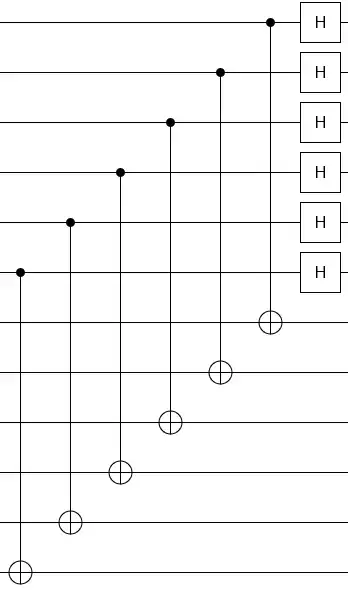Basically the title. If I have a $2^N\times 2^N$ Hamiltonian $H$ of random numbers (we can take the Hamiltonian as normalized if we want) and $N$ is an integer, is there an efficient way of writing $$ H = \sum_{i}{\beta_iP_i} $$ where $\beta_i \in \mathbb{C}$ and $P_i$ is a Pauli string and the sum ranges over all such possible tensor product combinations of the Pauli group, $\{I,X,Y,Z\}$. Apologies if my notation is non-standard; let me know if any clarification is needed.
Also, I say efficient because I am aware of such solutions as this and this, but these seem to become exponentially hard in $N$.
